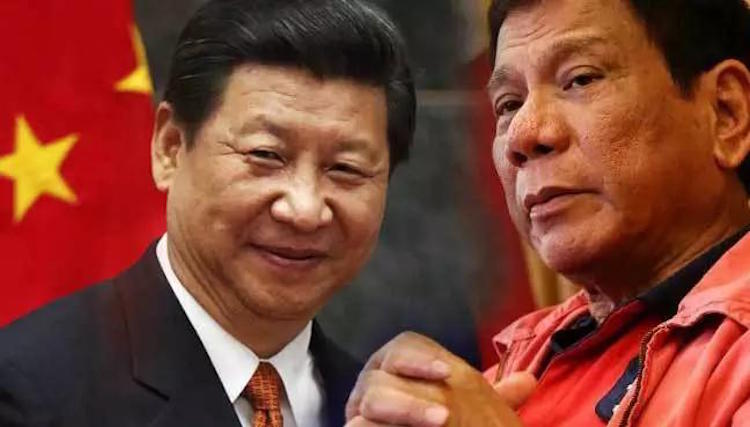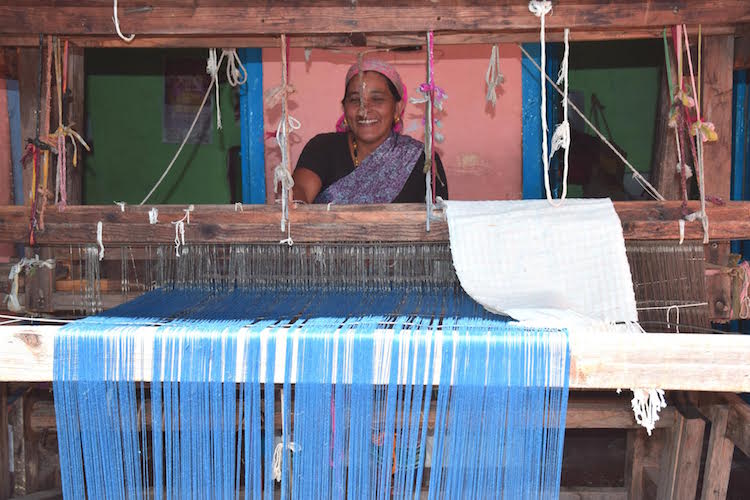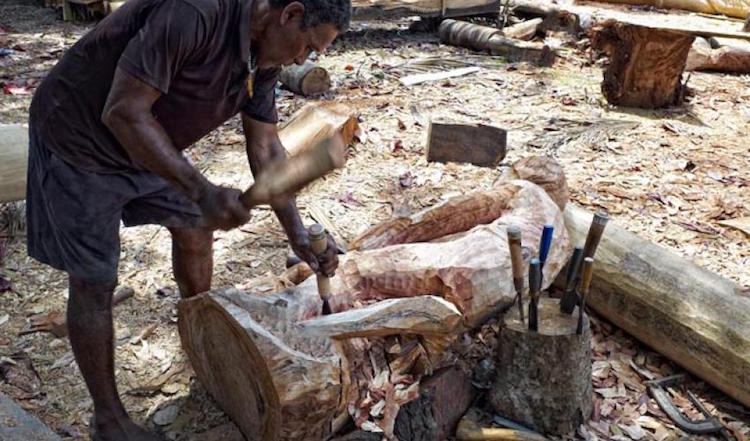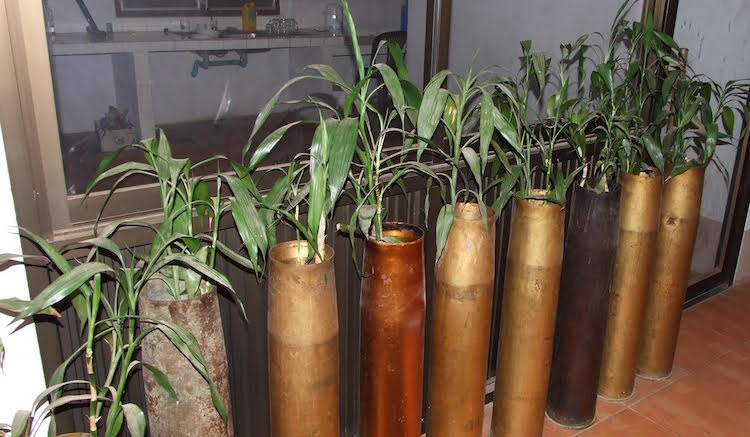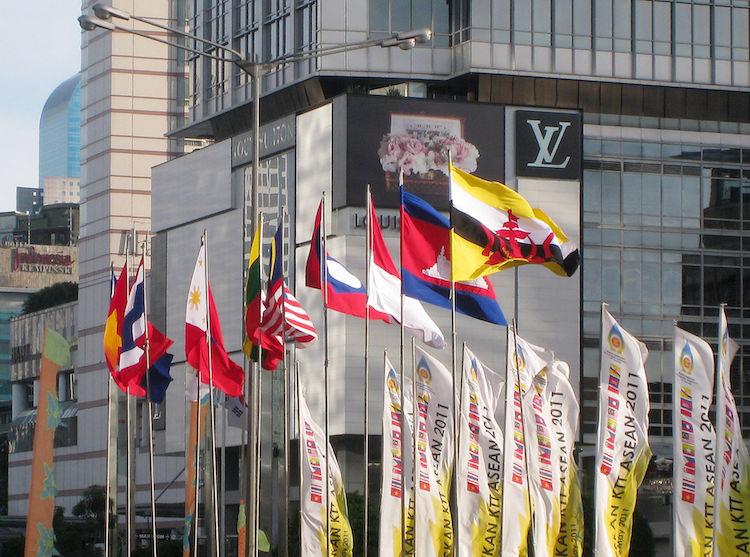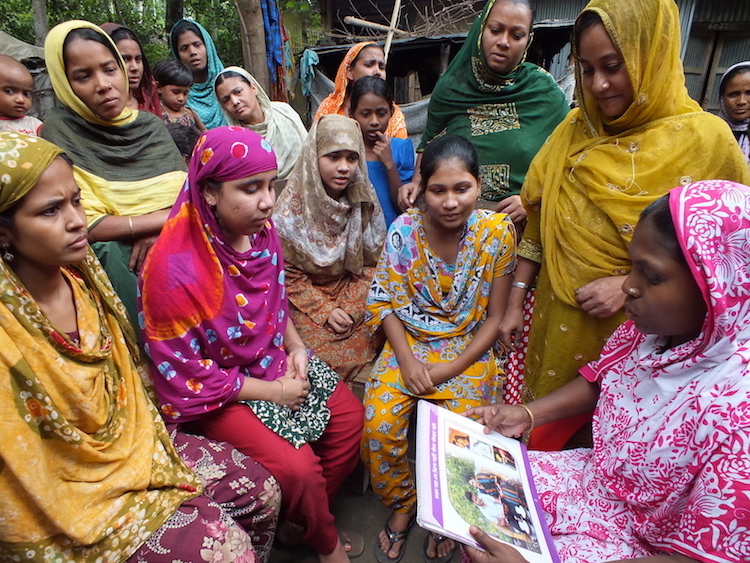By Kalinga Seneviratne
BANGKOK (IDN) – Philippines’ outspoken President Rodrigo Duterte while unplugging U.S. President’s much-publicized “Pivot to Asia”, has also challenged the United States to help promote cooperation in the region not confrontation.
Duterte provoked alarm in diplomatic circles last month (October) by announcing his country’s “separation” from the United States and realignment with China while on a visit to Beijing.
Malaysia’s Prime Minister Najib Razak has also signaled a similar realignment of foreign policy during a visit to Beijing. In a commentary published in the China Daily he said that former colonial powers should not be lecturing to countries they once exploited on running their internal affairs.

